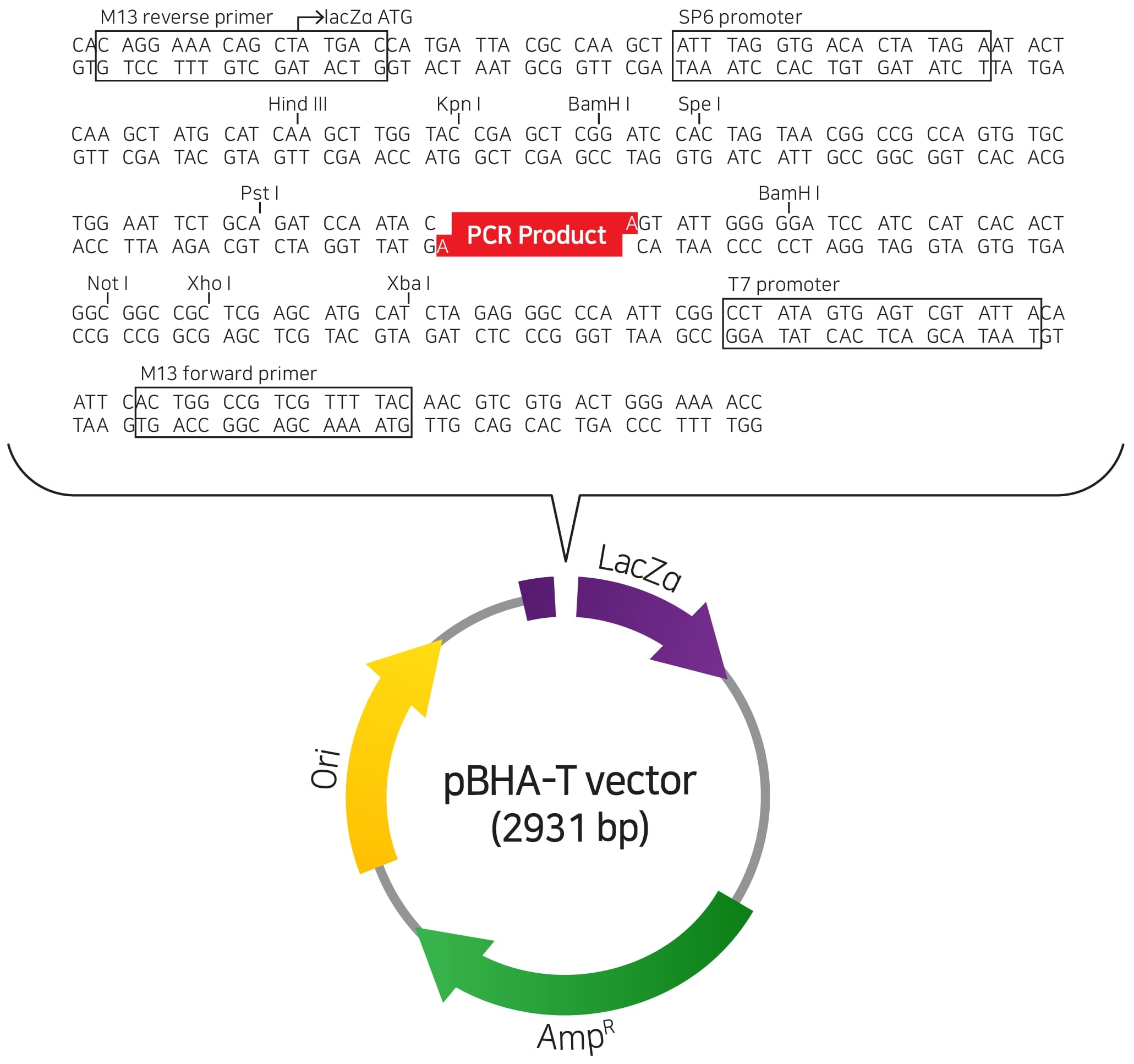DNA cloning is a cornerstone technique in molecular biology that allows ones to create identical copies of specific DNA segments, typically genes.
Types of DNA Cloning:
- Plasmid cloning: The most common and versatile method. Plasmids are small, circular pieces of DNA found in bacteria that can easily replicate inside host cells. They act as the carrier for the target gene, allowing for its amplification.
- Cosmid cloning: Used for cloning larger DNA fragments compared to plasmids. Cosmids can hold up to 45,000 base pairs of DNA, useful for genes that wouldn't fit in a plasmid.
- Bacterial Artificial Chromosome (BAC) cloning: This method tackles the challenge of cloning very large DNA segments, holding up to several hundred thousand base pairs. It utilizes engineered BAC vectors derived from bacterial chromosomes.
DNA cloning workflow:
- Extraction: Use restriction enzymes or other techniques to extract target DNA segments (genes of interest) from the sample's genome.
- Vector selection: A suitable vector, such as a plasmid, is selected based on the size and desired characteristics of the target DNA.
- DNA Fragment Insertion: Cuts both target DNA and vector with a restriction enzyme that recognizes a specific sequence. Sticky ends resulting from this cleavage allow the target DNA to be inserted into the opened vector using the Ligase enzyme.
- Transformation: A recombinant vector (vector containing target DNA) is introduced into a host cell (usually bacteria). This process may involve a variety of techniques such as Electroporation or Heat Shock.
- Replication: Once inside the host cell, the recombinant vector is replicated along with the host's DNA during cell division. This results in amplification of the target DNA fragment, producing numerous copies.
There isn't a single, definitive answer to the maximum size of DNA that can be cloned. It's more accurate to say there's a practical limit based on the method used.
Standard Cloning with Plasmids: Most commonly used plasmids can typically hold up to 10,000 base pairs (bp) of foreign DNA. This is the practical limit for routine cloning using these vectors.
Strategies for Cloning Larger DNA:
- Fragmentation and Assembly: For larger genes, scientists can break them down into smaller, more manageable fragments (Subcloning). Later, they are reassembled using techniques like Gibson assembly or Golden Gate assembly to create the full-length sequence.
- Specialized Vectors: For exceptionally large DNA inserts, researchers can utilize vectors like BACs, which can hold several hundred thousand base pairs.
Limitations and Challenges:
- Technical Difficulty: Manipulating very large DNA molecules becomes increasingly challenging. Techniques like restriction enzyme digestion and ligation become less efficient with larger fragments.
- Host Cell Stability: Large DNA inserts can disrupt the host cells (often bacteria), which may struggle to replicate and maintain such large pieces of foreign DNA.
Cloning methods can be broadly divided into two types: Ligation methods and methods using sequence homology. Ligation methods include Restriction Enzyme Cloning, TA Cloning (PCR cloning), and Golden Gate assembly. Sequence homology methods include Gibson assembly and In-Fusion cloning.
Bioneer has the AccuRapidTM TA Cloning kit (K-7170) for TA cloning and the AccuRapidTM Cloning kit (K-7110), a cloning kit using sequence homology.
If you do not have an insert, we can offer services for synthesis and cloning of the desired gene in connection with the gene synthesis service.
When sending a sample, you must send a sample volume of 10 µl or more with a DNA concentration of 100 to 200 ng/µl. Please accurately enter your institution and client name in the sample box, and use the linked delivery company below to deliver the sample. We will cover shipping costs regardless of the number of templates.






